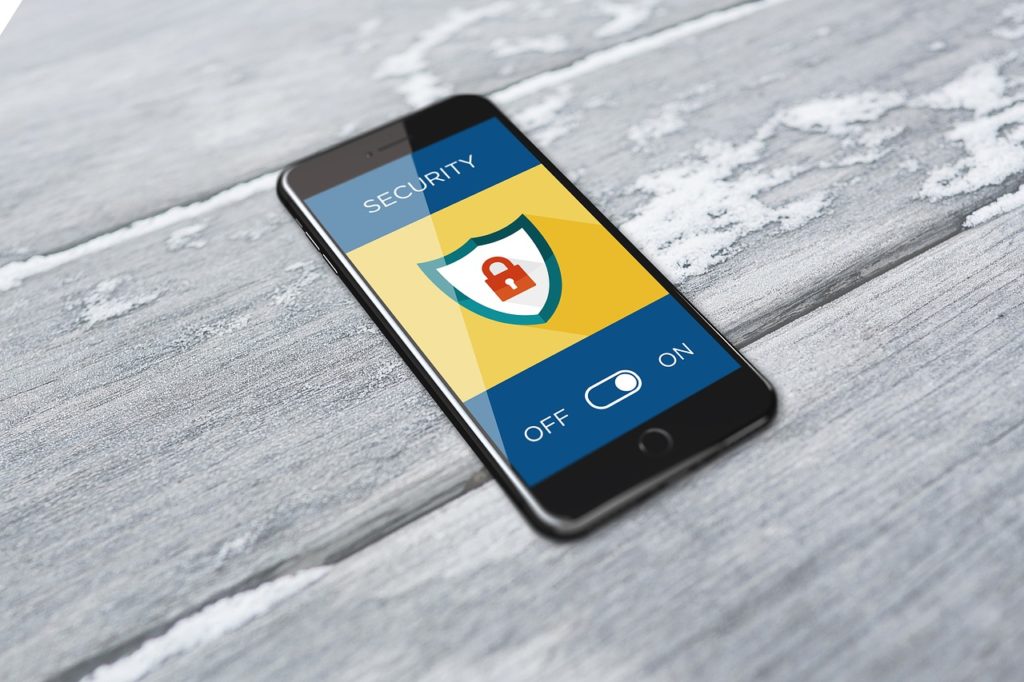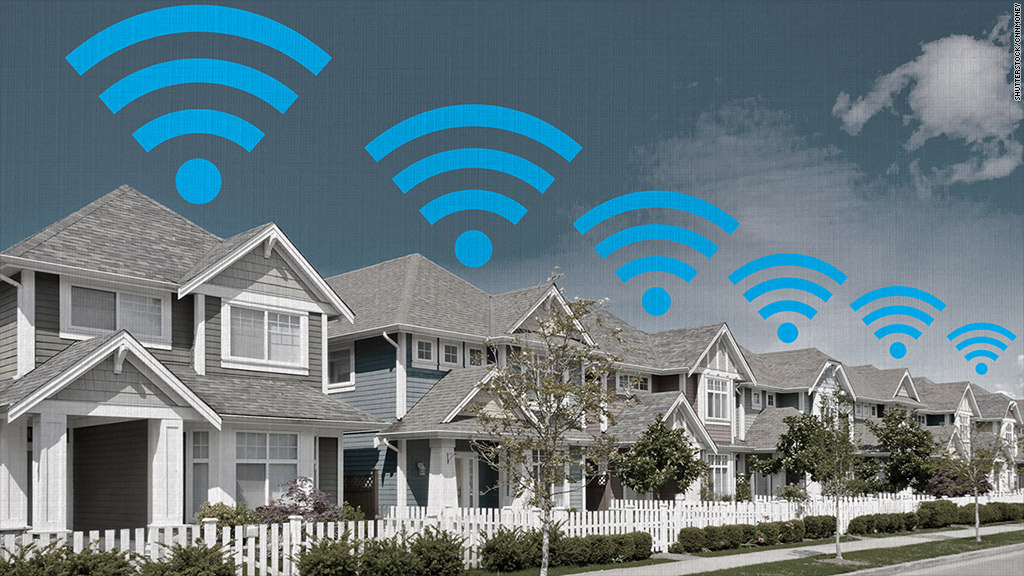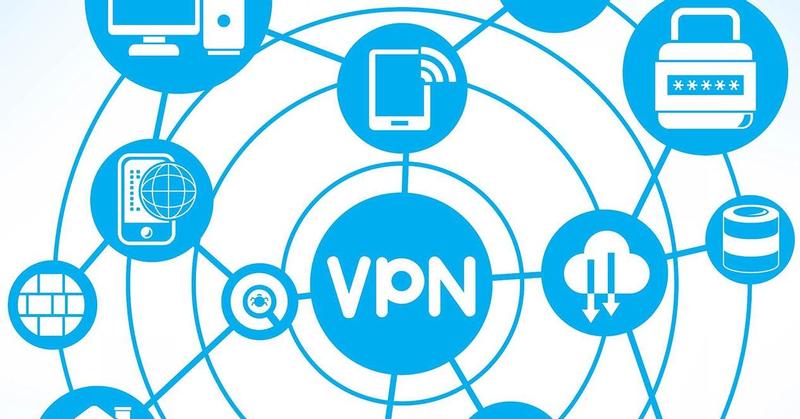
Truth be told: The internet has no privacy. Everything you do online could be spied by another person somewhere. So if you think the information you store is for you alone and cannot be spied by anyone, you need to change how you think. Once you access the internet, you put your personal information at risk of being exposed or even hacked.
You need to implement ways to protect your privacy online. There are multiple ways by which your personal data and information could be spied or even hacked. You don’t want to fall victim to your data being spied and hacked so below are tips to protect your privacy online.
1. First, Be careful while on public Wi-Fi

Yes, that public Wi-Fi is helpful since it’s free. You can use it while in cafes, shopping malls, in airplanes or a hotel. But do you know you are putting your privacy data to risk? Connecting to public Wi-Fi hotspot could make you expose your data to hackers. Many a time these public networks are not firmly protected so, hackers and spies can easily track your activities online and steal your personal data including your credit card details.
2. Protect everything of yours with passwords
You think it is not necessary to password protect your mobile? You are putting your personal data at risk. With the rise of hacking and cybercrimes, it is essential to secure all your digital gadgets with strong passwords. Your digital devices could be laptops, tablets, PCs and smartphones and any other device that you store your personal data in.
Note that if you don’t password-protect your digital devices and one gets stolen, you risk exposing your data to malicious people.
Also, all your online accounts need to be protected with hard-to-guess passwords. Many a time people tend to use easy passwords so that they don’t forget their passwords, however, this is dangerous. Another person may guess your passwords and gain access to your online accounts. The best thing to do it to use a password manager to help keep track and manage your passwords.
3. Keep your software and apps up to date
Even though you find those notifications appearing on your screen every now annoying, they are for the good reason. A bigger percentage of those updates include security patches that are essential to protect your devices from threats. Updates are helpful when it comes to correcting bugs as well as adding new features and patching software with security features. So don’t ignore those updates to protect your data and information.
4. Use a VPN service in your mobile

How many times have you heard about VPN services without bothering yourself to know what they are and how they can help to protect your privacy online? A VPN service is an interconnection of computers via which you send requests thus preventing yourself from being noticed by other internet users. VPN services are the most powerful and reliable tools to protect your privacy online today.
A VPN will hide your identity by masking your real IP address and assigning you a different IP address making it hard for anyone including your ISP to track your activities online. However, when choosing a VPN service, ensure to get it from a reliable and reputable provider.
Conclusion
These are just a few of the tips to protect your privacy online. There are plenty of ways you can protect yourself from the jaws of hackers and cybercriminals. It all depends on how you implement each tip. However, using the tips effectively can help to save you from all the online frustrations and ensure a smooth internet experience.
You’ll also like to read:
- 5 Best Ways to Prevent Your Phone from Being Hacked
- How to Save Your Kids Online With a VPN in 2018